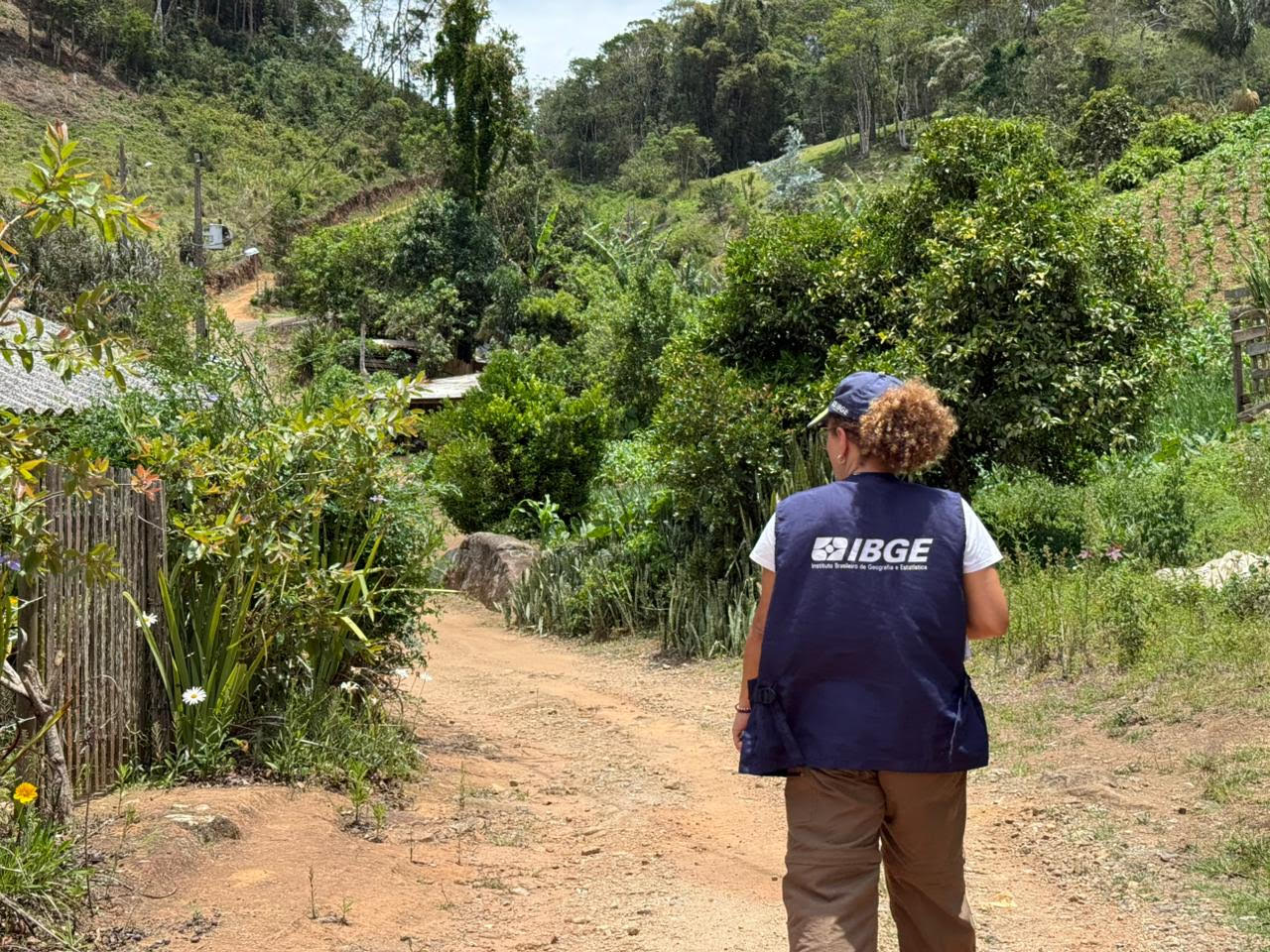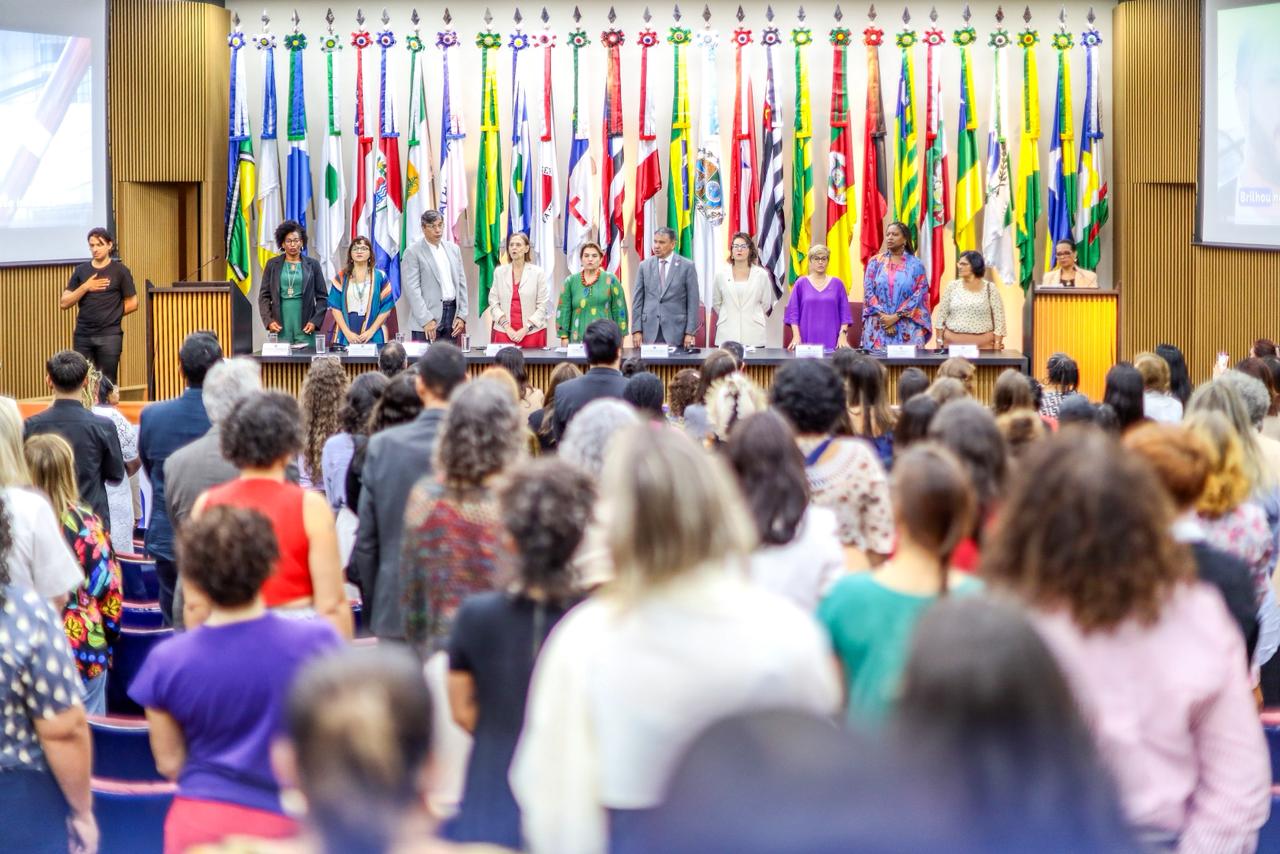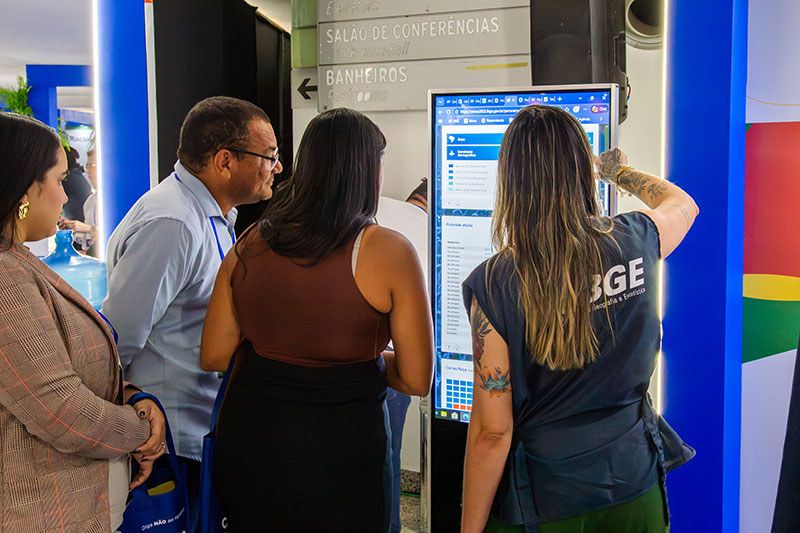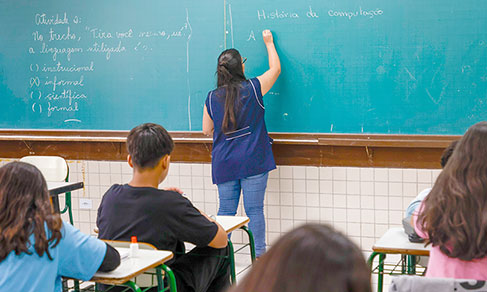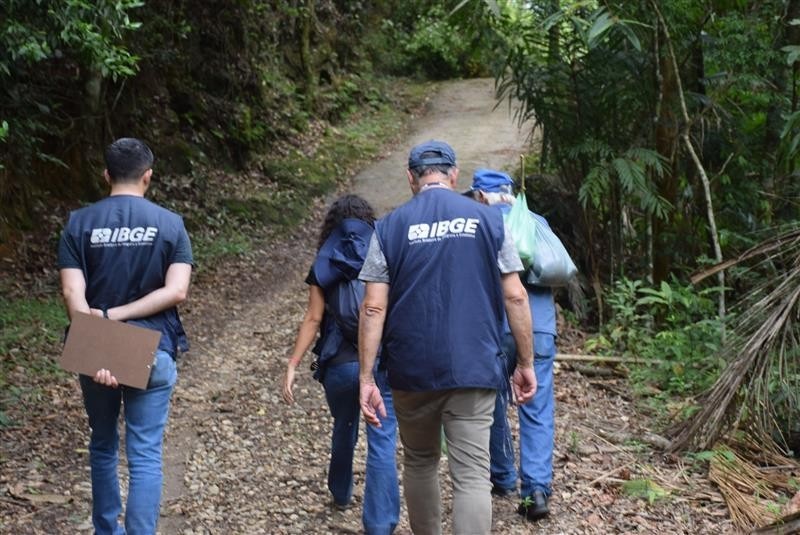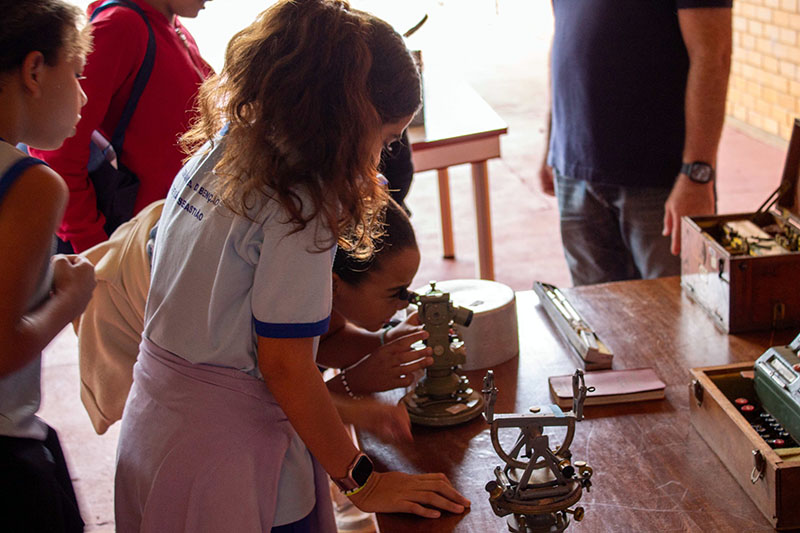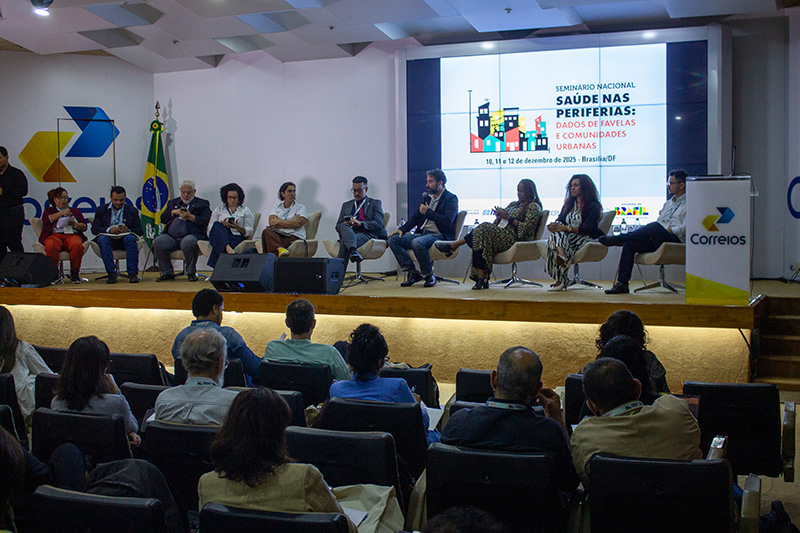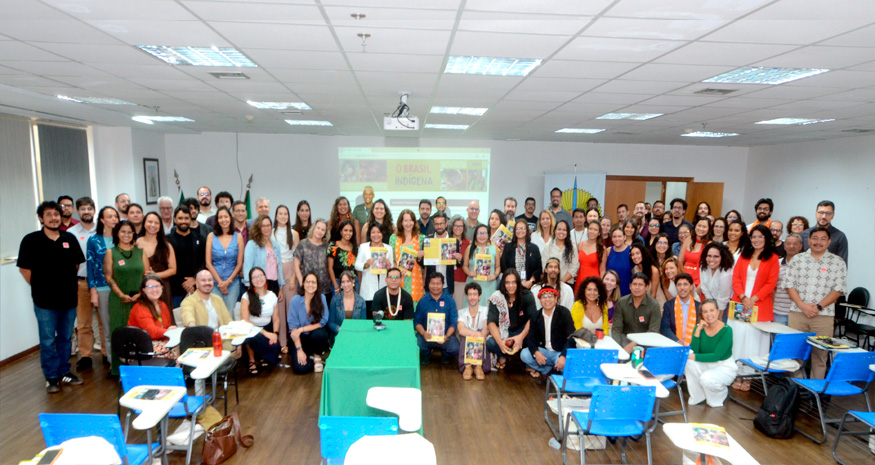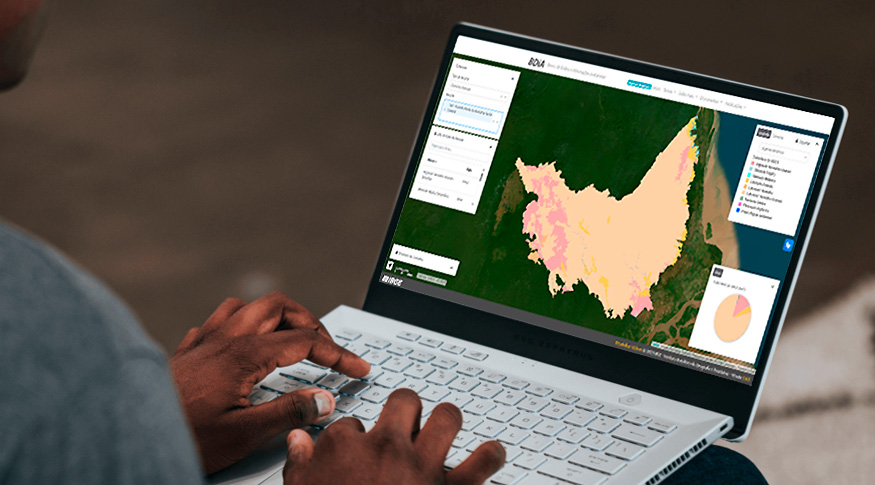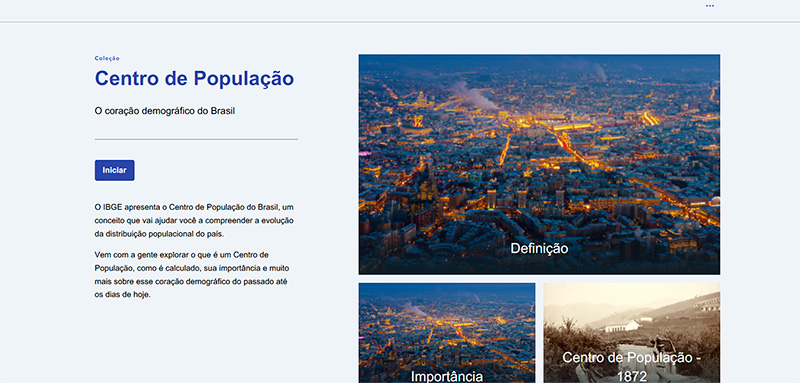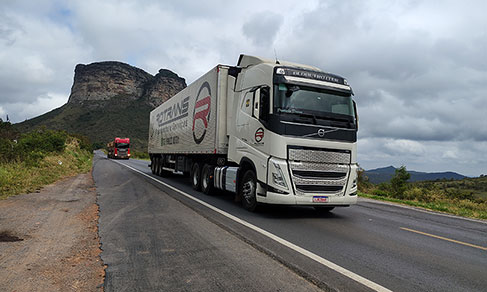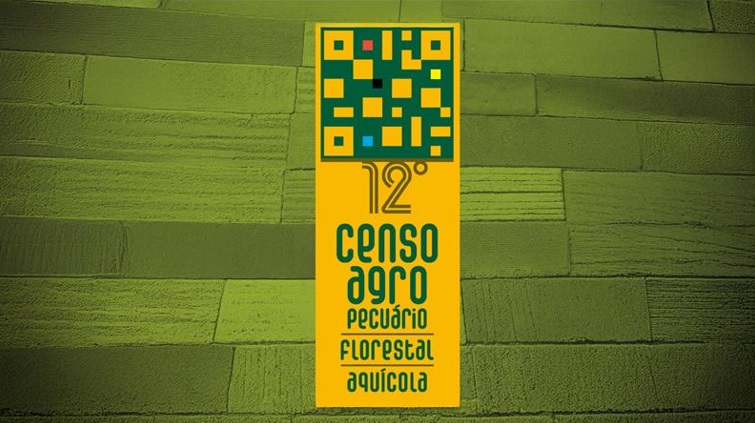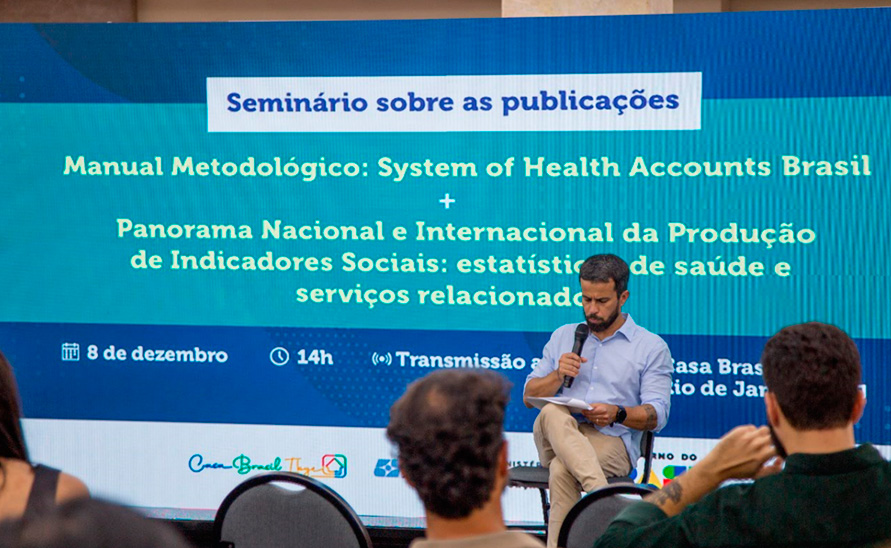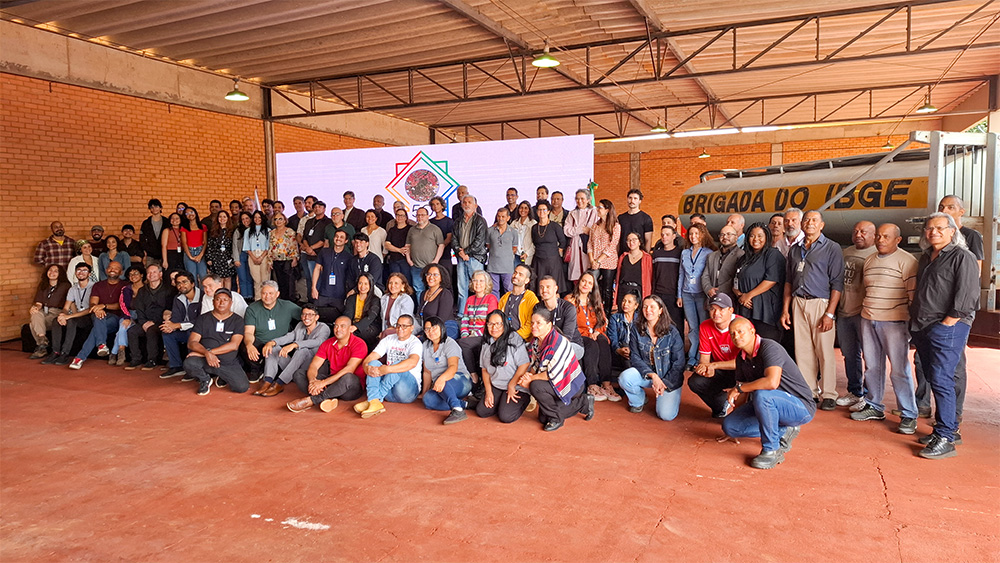SINGED
IBGE announces actions aimed at Rio Grande do Sul’s recovery
May 21, 2024 02h45 PM | Last Updated: September 11, 2024 04h20 PM
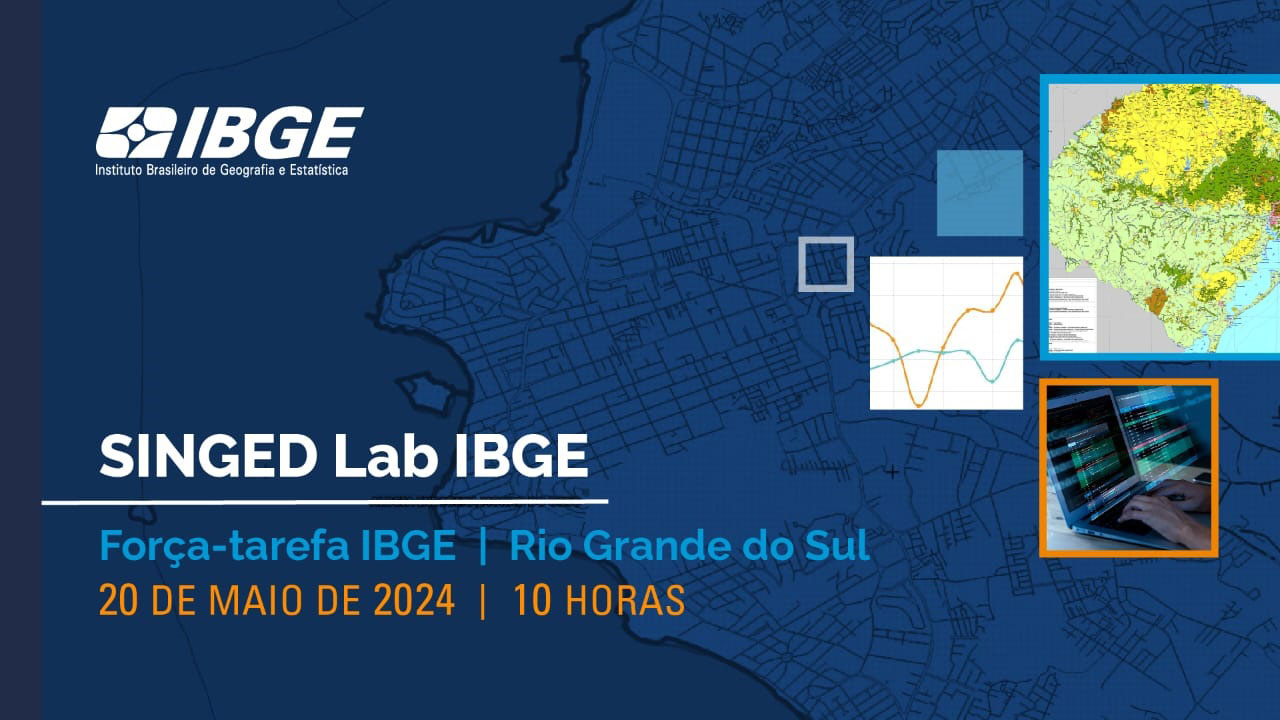
On Monday, the 20th, the IBGE showed how the task force organized by the Institute will work to help rebuild the areas affected by floods in Rio Grande do Sul (RS). The main objective is to train municipal managers in the use of the various IBGE digital tools, so that they can act in the diagnosis, planning and recovery of places affected by the greatest tragedy caused by climate phenomena in the state's history.
At first, the IBGE task force will be virtual, but the institution's 36 branches in Rio Grande do Sul will support the reconstruction. More than a thousand people, including federal, state and municipal authorities, attended the release event of the initiative, broadcast live by the IBGE Digital channel and the organization's official social media (YouTube, Instagram and Facebook).
“The IBGE could not be left out of the actions that are underway by the federal government, the government of Rio Grande do Sul and the city halls of Rio Grande do Sul, especially those in cities hit hard by the rains. This requires a repositioning of the work plan established by the IBGE for 2024. A technical, qualified, specialized response is essential, measuring up to the challenges that Rio Grande do Sul is facing”, highlighted Marcio Pochmann, president of the IBGE. He claimed that in other decisive moments in Brazil's history, the IBGE have also been present.
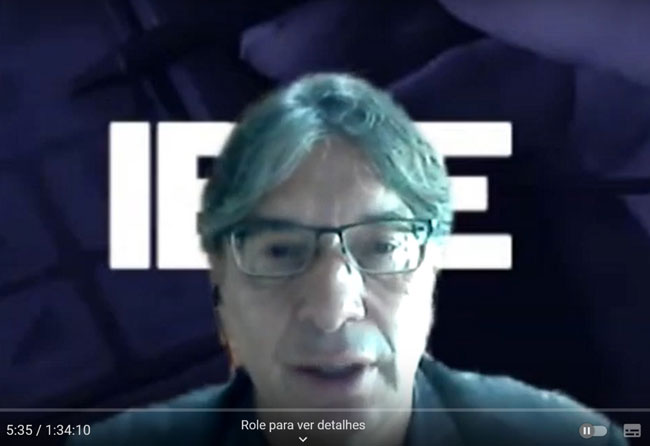
On the same occasion, the SINGED Lab, IBGE's innovation laboratory, was launched. Formed by a multidisciplinary team, its purpose is to create an environment prone to experimentation, generation of new ideas and projects for the diagnosis and planning of public policies, through the use of technology combined with the immense source of technical, statistical and geoscientific information and data produced by the Institute, gathered under the National System of Geosciences, Statistics and Data (SINGED). With SINGED, the IBGE intends to establish a national coordination of strategic information.
The first action of the SINGED Lab will be practical training through the IBGE teaching platform, allowing participants to learn how to search, combine information, generate maps and graphs, as well as to produce dynamic data from more than 30 thousand indicators from all Brazilian municipalities. Artificial intelligence resources will allow information to be organized into tables, rankings and cartograms. Some of the tools that make up the SINGED Lab are IBGE Cities, the Census Overview, the Interactive Geographic Platform (PGI), the System of Automatic Retreival (SIDRA) and the Maps Portal.
“It is essential that we regain national and regional planning, and the SINGED Lab represents this. With it we have an integration of databases from different sources of information, enabling the experimentation of new ways of acting on reality. The courses offered by the National School of Statistical Sciences (ENCE) will allow public managers to improve access to data made available by the IBGE”, added Mr. Pochmann.
He added that the IBGE requested, last week, R$38 million in budget supplement from the Ministry of Planning and Budget (MPO) for the development of task force actions, repairs to its facilities, both in the state superintendence and in the agencies affected, and preparation of new specific surveys targeted at measuring the economic and other kinds of impact of the climate catastrophe in RS.
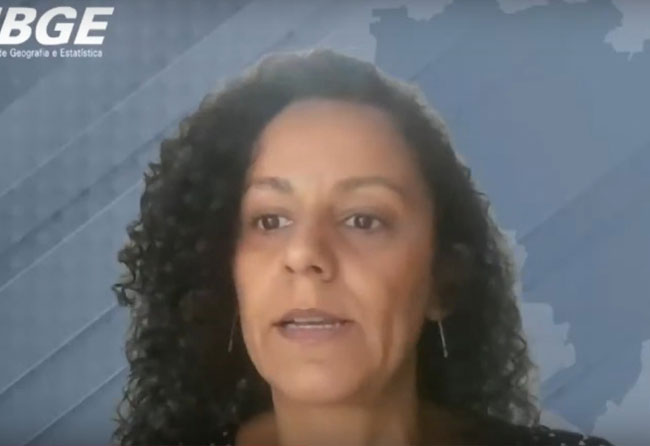
The IBGE Director of Surveys, Elizabeth Hypolito, spoke about the possibility of the Institute developing surveys on floods in Rio Grande do Sul as it did in relation to the Covid-19 pandemic. “We are discussing the possibility of carrying out a specific survey in Rio Grande do Sul. It would be a sample survey, carried out over the telephone, just like we did in the period of the Covid-19 pandemic. This obviously depends on additional budgetary resources”, she explained.
“This task force is part of IBGE's effort to offer, in real time, relevant, accurate statistics, required to strengthen public policies. In addition to portraying the country's situation, producing data, the IBGE is now able to apply this information to implement actions that change reality”, concluded Marcio Pochmann.
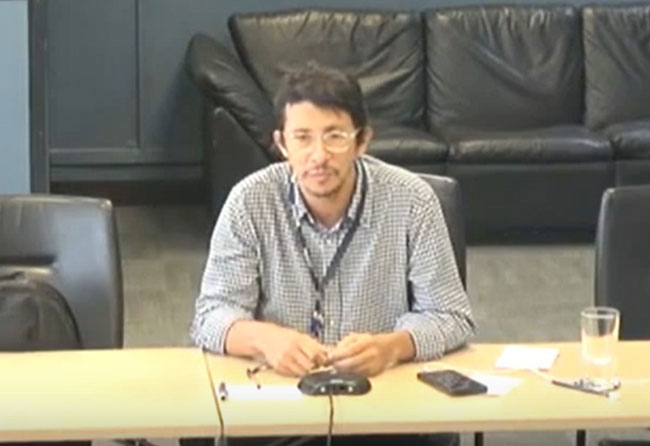
Also attending the event were Ivone Batista, Director of Geoscience, Marcos Mazoni, Director of Information Technology, and Paulo Jannuzzi, General Coordinator of ENCE, in addition to the Coordinator of the Center for Information Documentation and Dissemination and of the Department of Social Communication, Daniel Castro, who mediated the event.
“Our intention is to provide information that can be useful to support not only Rio Grande do Sul, but also public actions in different spheres, as extreme weather events tend to increase more and more”, noted Ivone Batista.
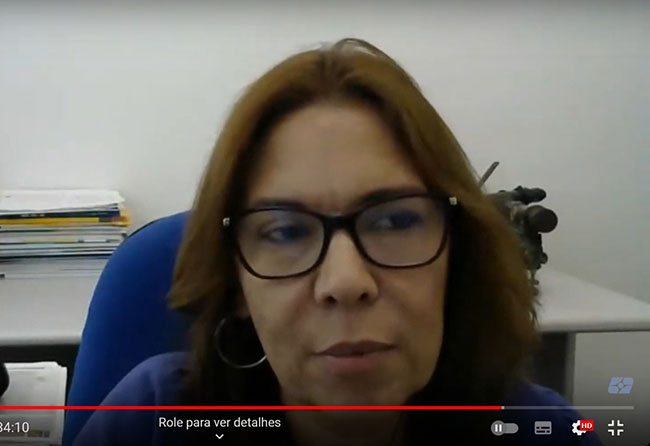
According to Marcos Mazoni, “the idea of laboratories like the SINGED Lab is to generate opportunities for new policies, information exchange between public agents, so that they can build solutions to society's problems. We want to solve problems and prevent them from occurring again.”
“We plan very short, short and medium term actions. ENCE will offer several courses to public managers, which will cover topics such as environmental sustainability, economic development and public policies. Furthermore, we want to build a virtual city based on existing coordinates and information from three cities in Rio Grande do Sul affected by the rainfalls. In this virtual environment there will be simulations of urban development scenarios”, highlighted Paulo Jannuzzi.



